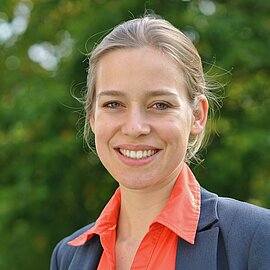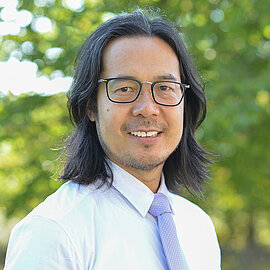The demand for high-quality, healthy and diverse food is growing globally. Countries such as China, which has a low level of natural resources per capita, must meet this demand by agriculture intensification and/or importing food from the world market. Digitalisation strategies have emerged in recent years as a potential solution and means of making local production and supply chains more sustainable, crisis-resistant and resource-efficient. The project DITAC aims to analyse and assess the agricultural digitalisation in China with regard to the promotion and adoption of digitalization technologies, and their impacts on food production, natural resource use, and food trade.
The project consortium, coordinated by IAMO researchers Dr. Lena Kuhn and Dr. Zhanli Jerry Sun, consists of IAMO and three renowned agricultural research institutions of China, the China Agricultural University (CAU), the Institute of Agricultural Economics and Development, Chinese Academy of Agricultural Sciences (IAED-CAAS), the Macro Agriculture Research Institute at Huazhong Agricultural University (MARI-HZAU). In addition, the dissemination of project results is supported by the Sino-German Agricultural Center, a joint initiative of the German Federal Ministry of Agriculture (BMEL) and the Chinese Ministry of Agriculture and Rural Affairs (MARA). The project is funded by the German Federal Ministry of Education and research.
As IAMO director and project leader Prof. Dr. Thomas Glauben points out: "Current global challenges illustrate more than ever the need for international agricultural systems to keep pace in digitalization processes. Increasing our knowledge of transformation processes in China, one of the pioneers in many digitalization processes is crucial for German consumers, producers and policymakers."



